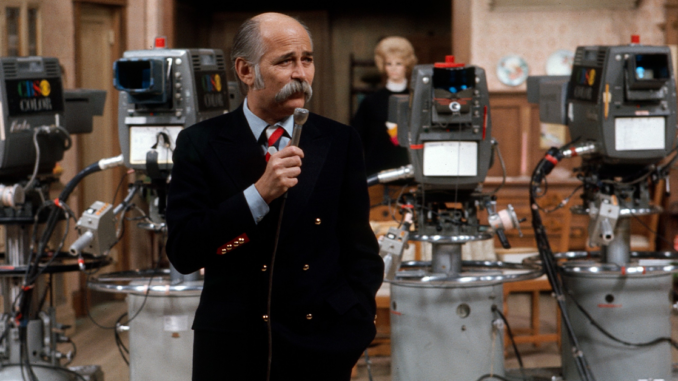
Lear had no idea the impact that he’d make.
Norman Lear was talented enough to dive headfirst into the forefront of making history multiple times, seeing as he’s responsible for more than a handful of shows that we now consider to be timeless classics and the best of the best.
But back when Lear was first developing All in the Family, back when people were more familiar with the premise of Till Death Do Us Part, Lear didn’t have any idea that the show would be such a trailblazer.
According to Rock Me On the Water by Ronald Brownstein, Lear said, “I never, ever remembered thinking, Oh, we’re doing something outlandish, riotously different. I wasn’t on any mission. And I don’t think I knew I was breaking such ground.”
Lear wasn’t even overly indulgent in television as a viewer at the time; He said, “I didn’t watch Petticoat Junction, for Chrissake. I didn’t watch Beverly Hillbillies. I didn’t know what I was doing.” One thing Lear was aware of at the time, according to Brownstein’s book, was the money to be gained if the series were able to make it into syndication. There, Lear knew there was money to be made in reruns.
Still, Lear was able to protect the show with a fierceness that proved to be integral to the lasting impact of the show. More than once, he threatened CBS with his departure if they tried

to refuse to air some more shocking All in the Family plotlines that Lear and the writers had in mind. While Lear wasn’t aware of the major breakthrough he had on his hands, he undoubtedly knew that he more than deserved an opportunity to say what he wanted to say.
Still, Lear being unaware of what All in the Family would become isn’t an indication of cluelessness, but rather an intentional act of mindfulness from Lear, who simply tried to focus on the here and now when he could. In an interview with NPR, he said, “Two little words we don’t pay enough attention to: over and next. When something is over, it is over and we are on to the next. And I like to think about the hammock in the middle of those two words.”
He continued, “That’s living in the moment. That’s the moment I believe I’m living as I complete this sentence. And it couldn’t be more important to me.”